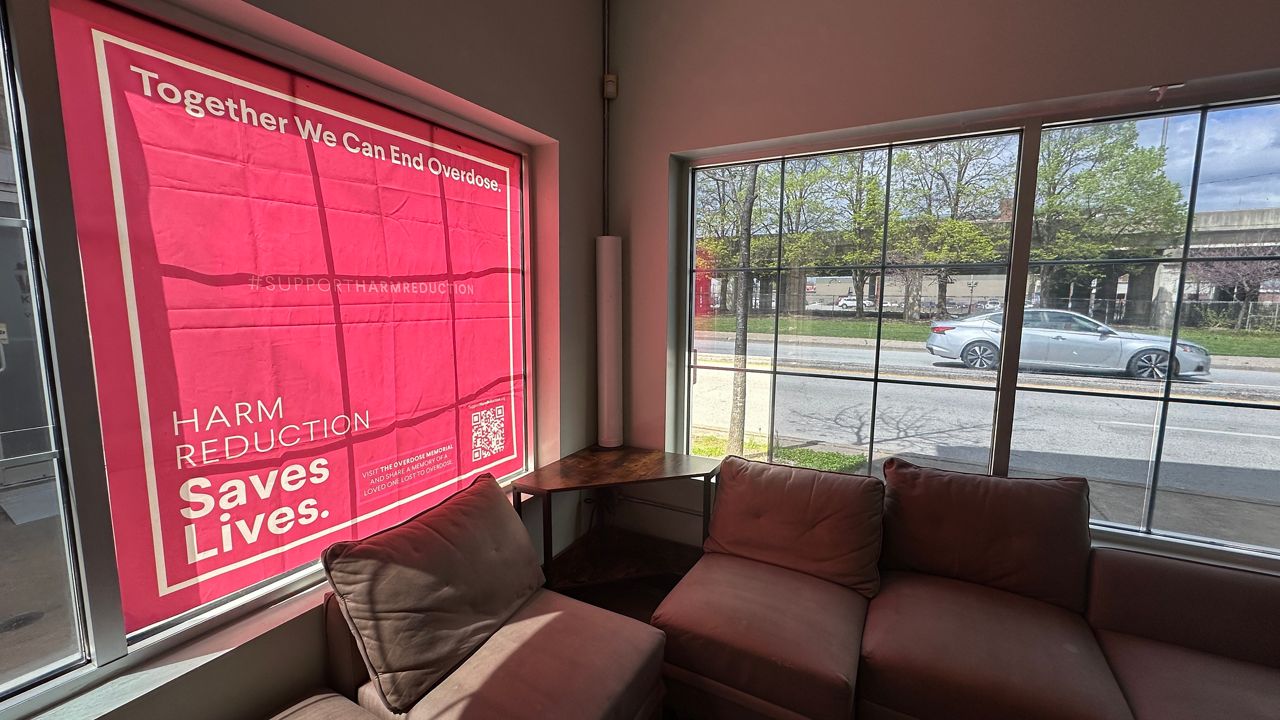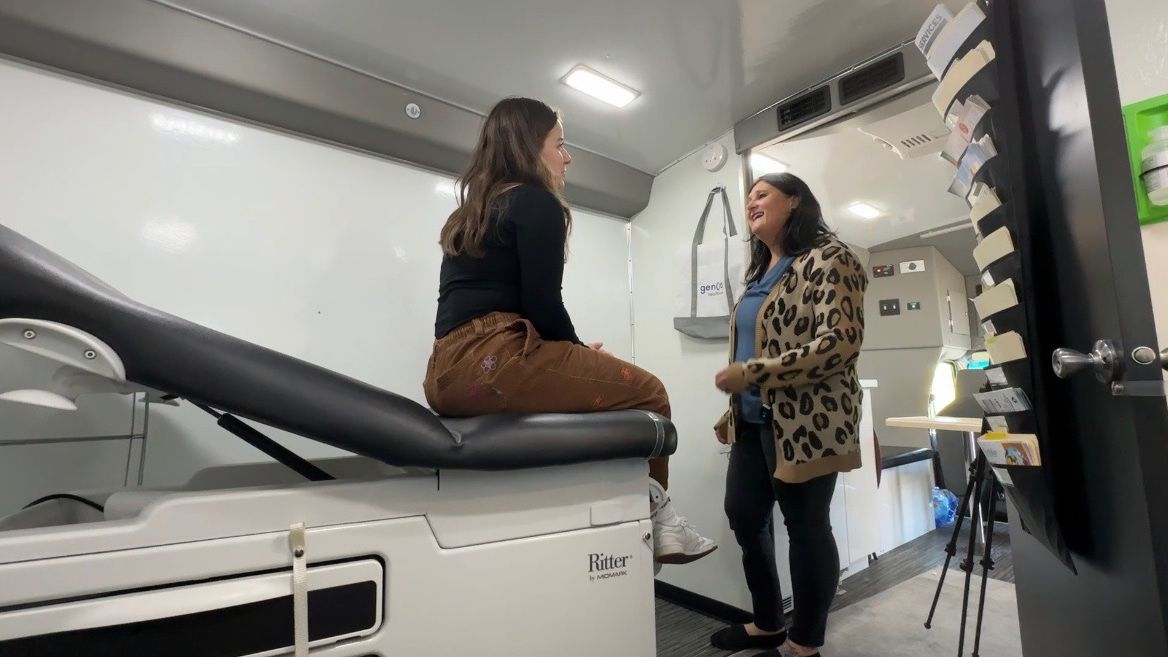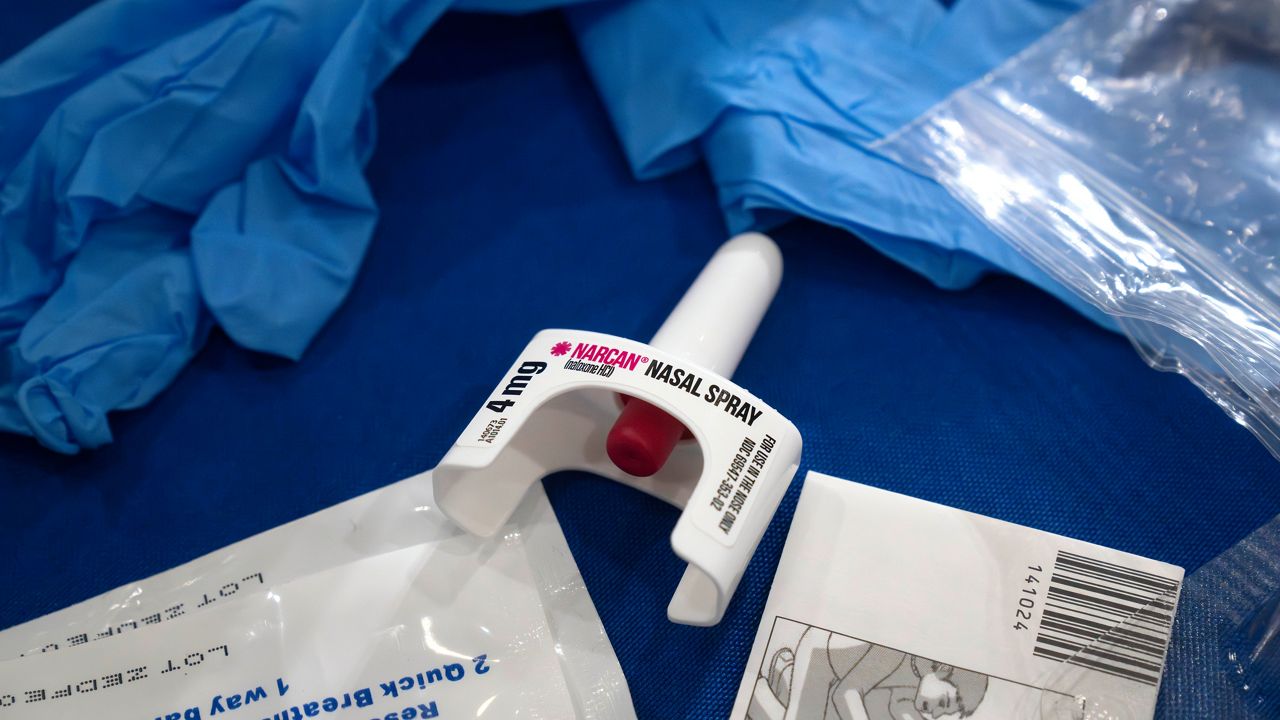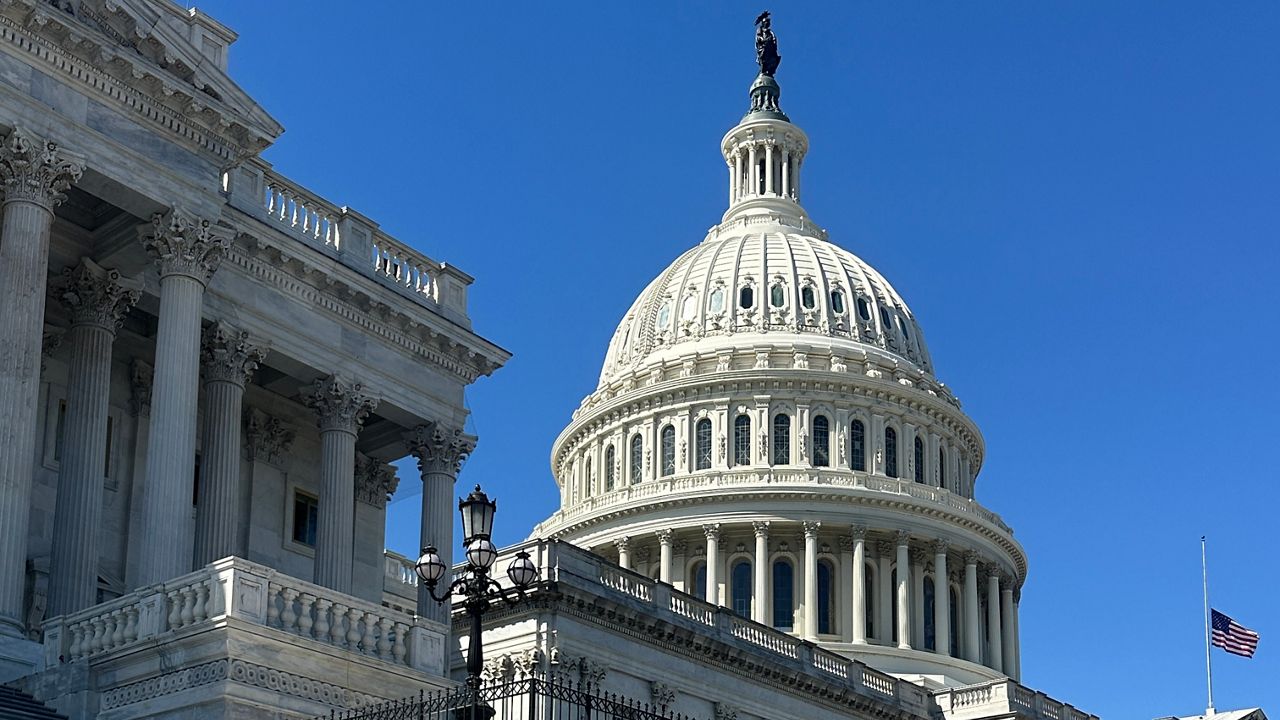BOWLING GREEN, Ky. — Recently, the United States reached a special health milestone; it’s one millionth organ donation. While that number is great, there is concern among many that more donations are needed because not enough are coming from living donors.
According to the United Network for Organ Sharing or UNOS, there are over 105,000 people in the United States needing of organ transplants, but only about 6,500 living donors annually. That means nearly 17 people a day are dying while waiting for an organ.
Joey Greenwell lives with polycystic kidney disease. He has been for over 15 years. But in late 2020, his health declined.
“We reached a point where the blood pressure medications just weren’t working and his kidney function was declining,” says his wife, Melissa Greenwell.
The illness creates multiple cysts within the kidney, causing it to enlarge and eventually shut down. Those diagnosed with PKD, like Joey, eventually go on dialysis or seek a transplant.
So, the Greenwells met with a transplant team and were told to find a living donor.
“We created a Facebook page. We purchased car magnets. We did everything we could possibly do,” Melissa recalls.
Less than two years later, Joey and Melissa found the donor they were looking for.
Kristin Cartwright recently became one of those living donors. Her father also had PKD and while she wasn’t able to give her kidney to him before he passed, organ donation has always been on her mind.
“I’ve always known, regardless if I could donate to him or not, that kidney was promised to someone else.”
Last December, Cartwright could finally share the gift of life.
“I was just so elated that it went well. Then finding out the next day that the recipient had gotten the kidney, and it worked immediately was like heaven on earth,” she said.
However, a large concern is the lack of protections for donors. The Living Donor Protection Act was first introduced in Congress back in 2014 and has been re-introduced several more times since then, but has failed each time to become law.
The Act would keep potential donors from facing discrimination from insurance companies. It would also ensure employers would allow donors to use the Family Medical Leave Act when recovering rather than using their own vacation days or sick time.
“I do think if they know they have protection of their job or they can maintain their insurance, not only for themselves but for their family, that would make it a much more accessible option,” Cartwright said.
Melissa spends a lot of her time lobbying state and federal lawmakers trying to pass this act and is optimistic it will be passed. Groups such as the PKD Foundation have created in-person and virtual lobbying days to educate lawmakers about this act.










